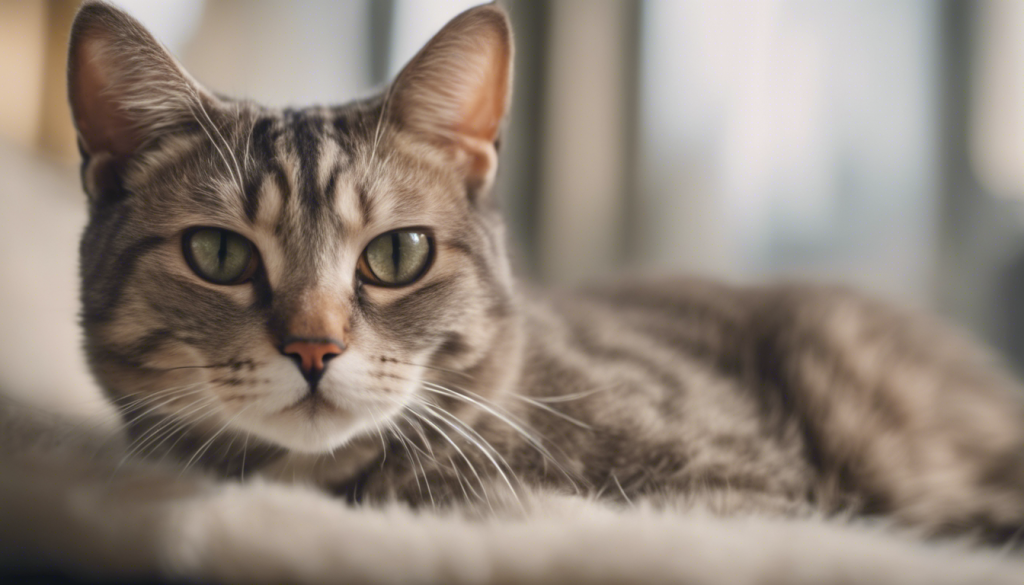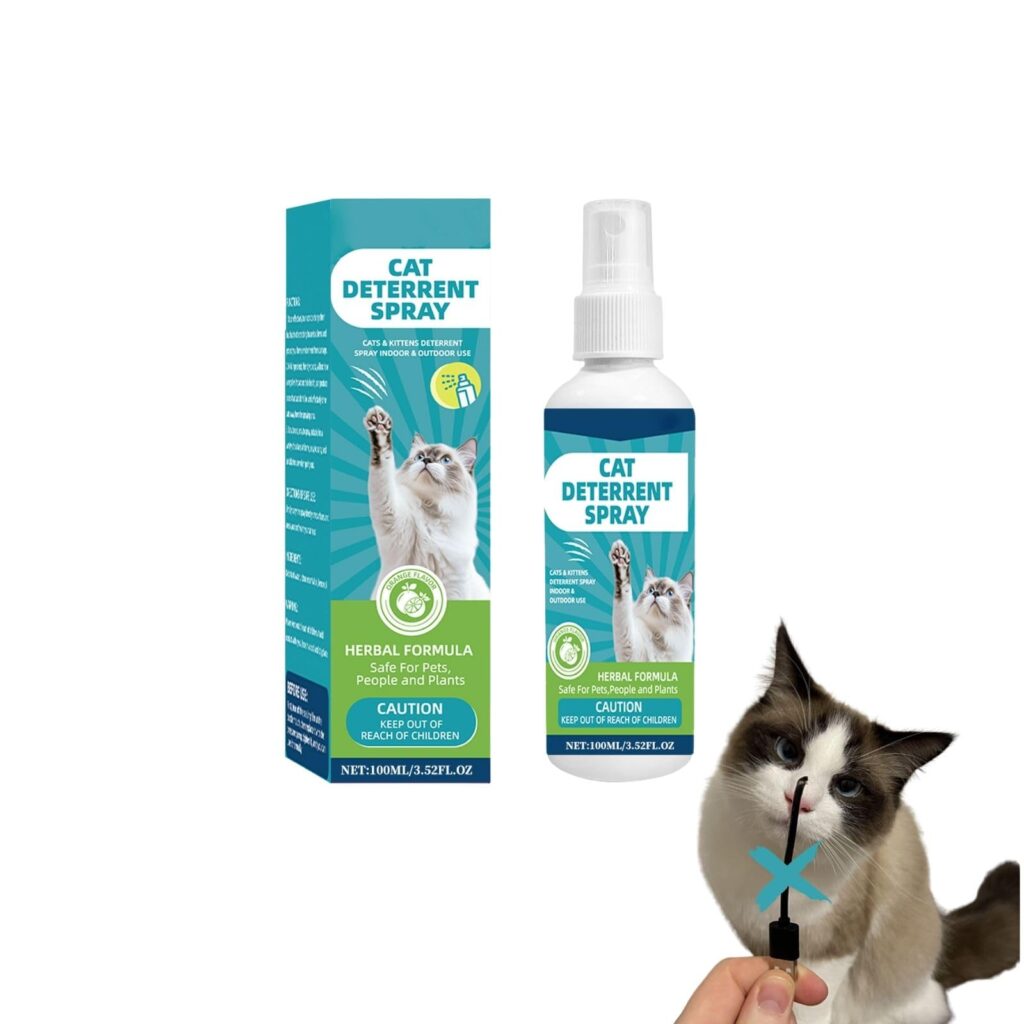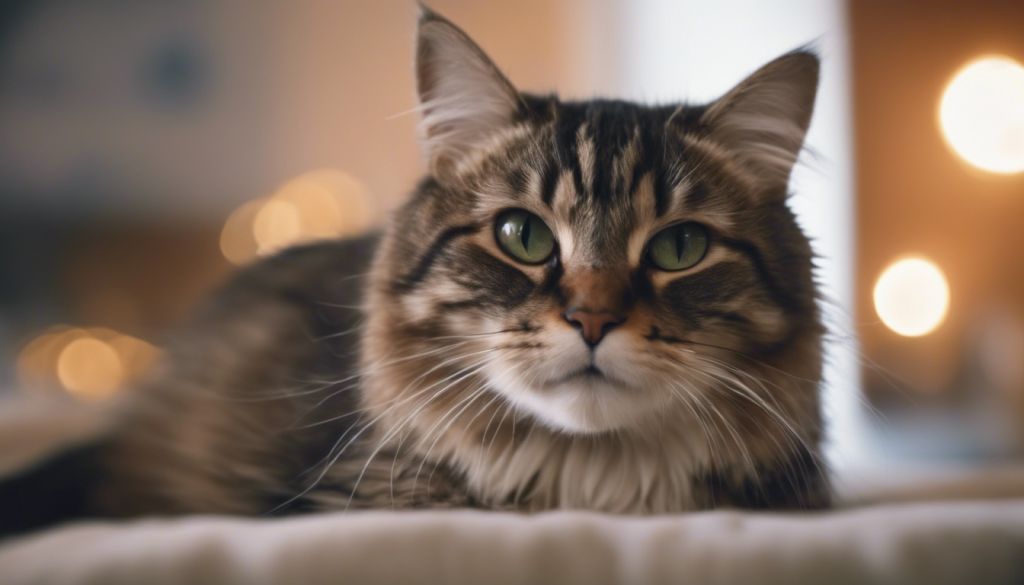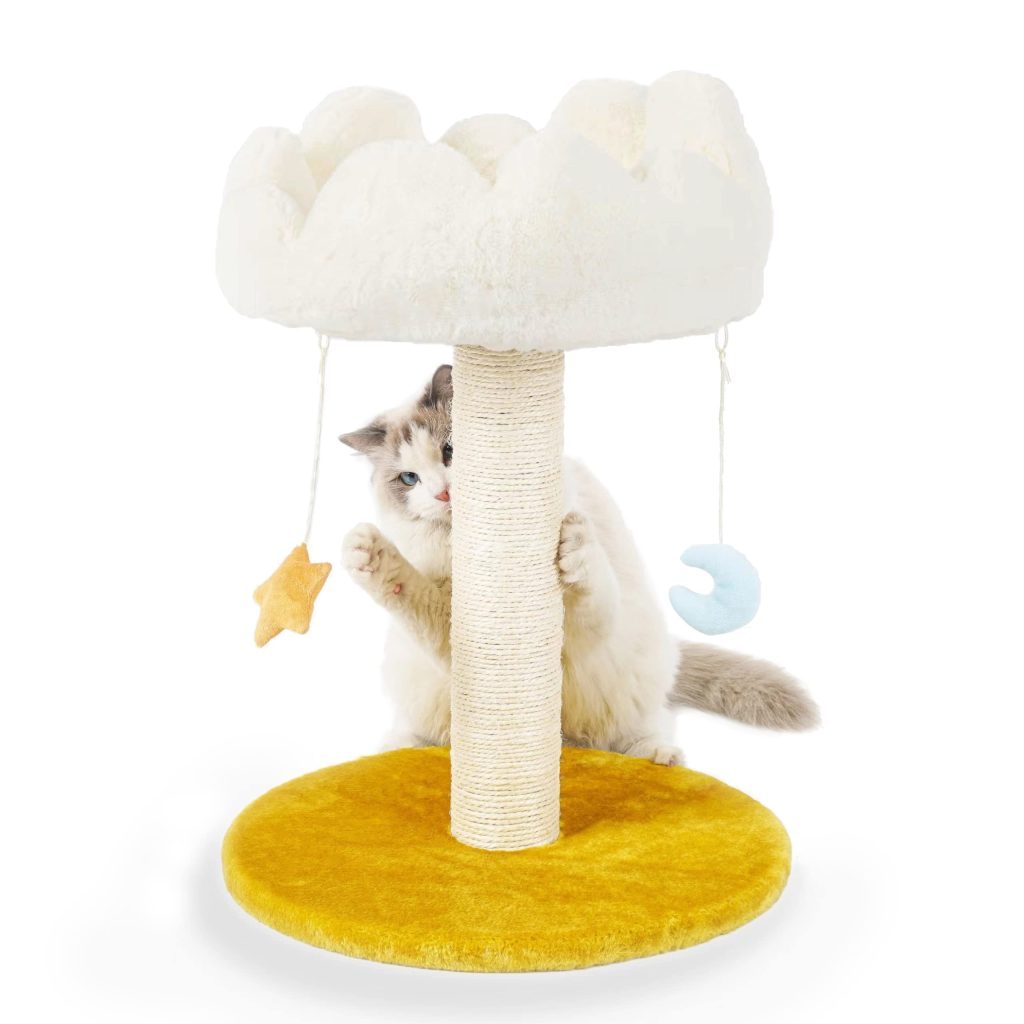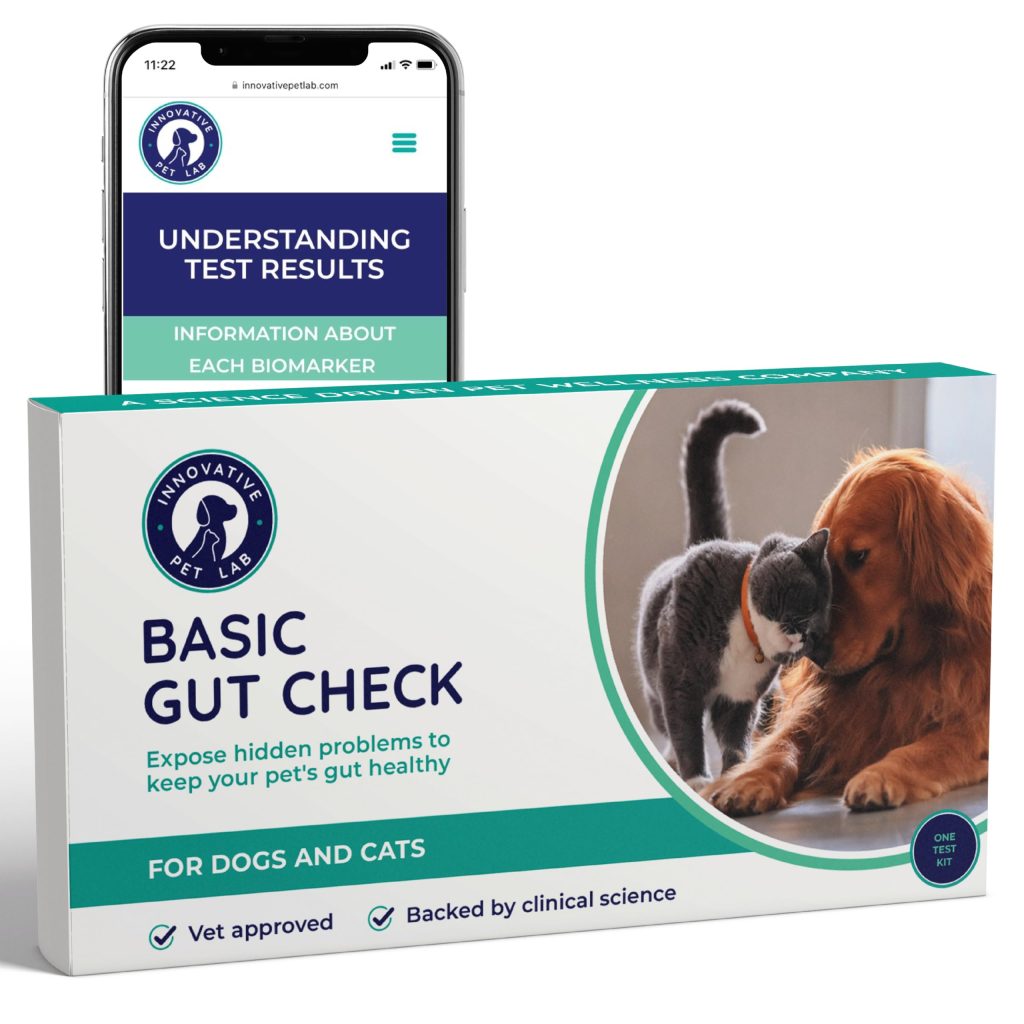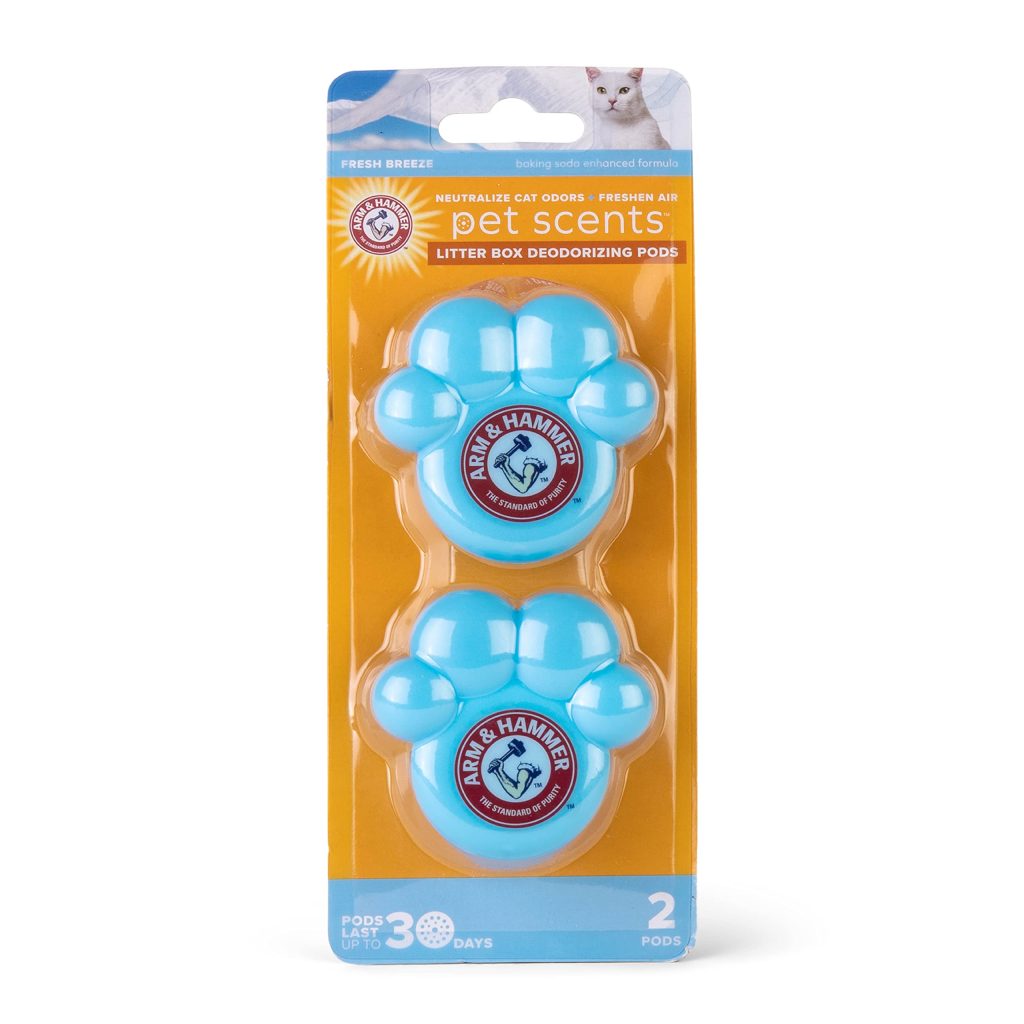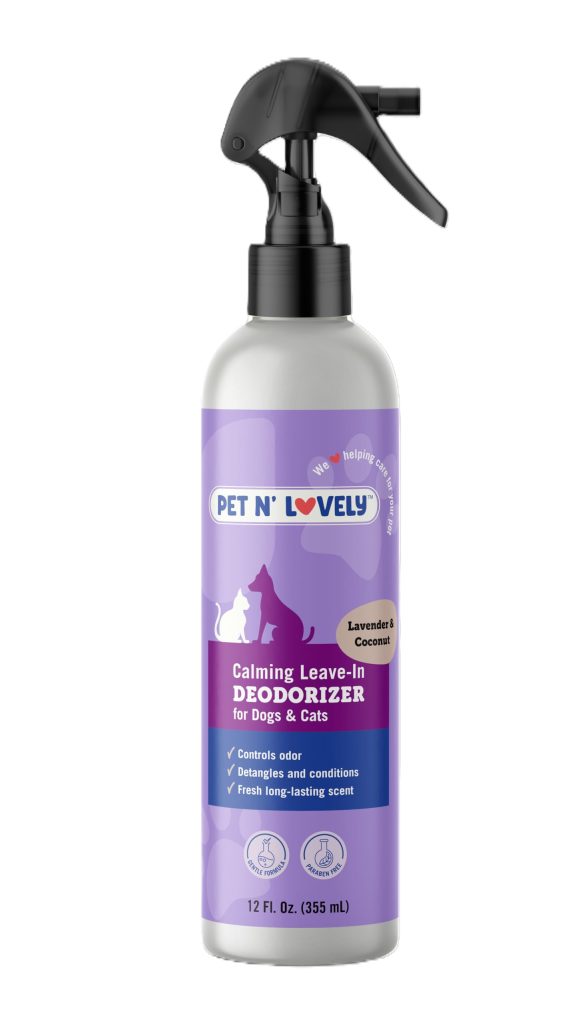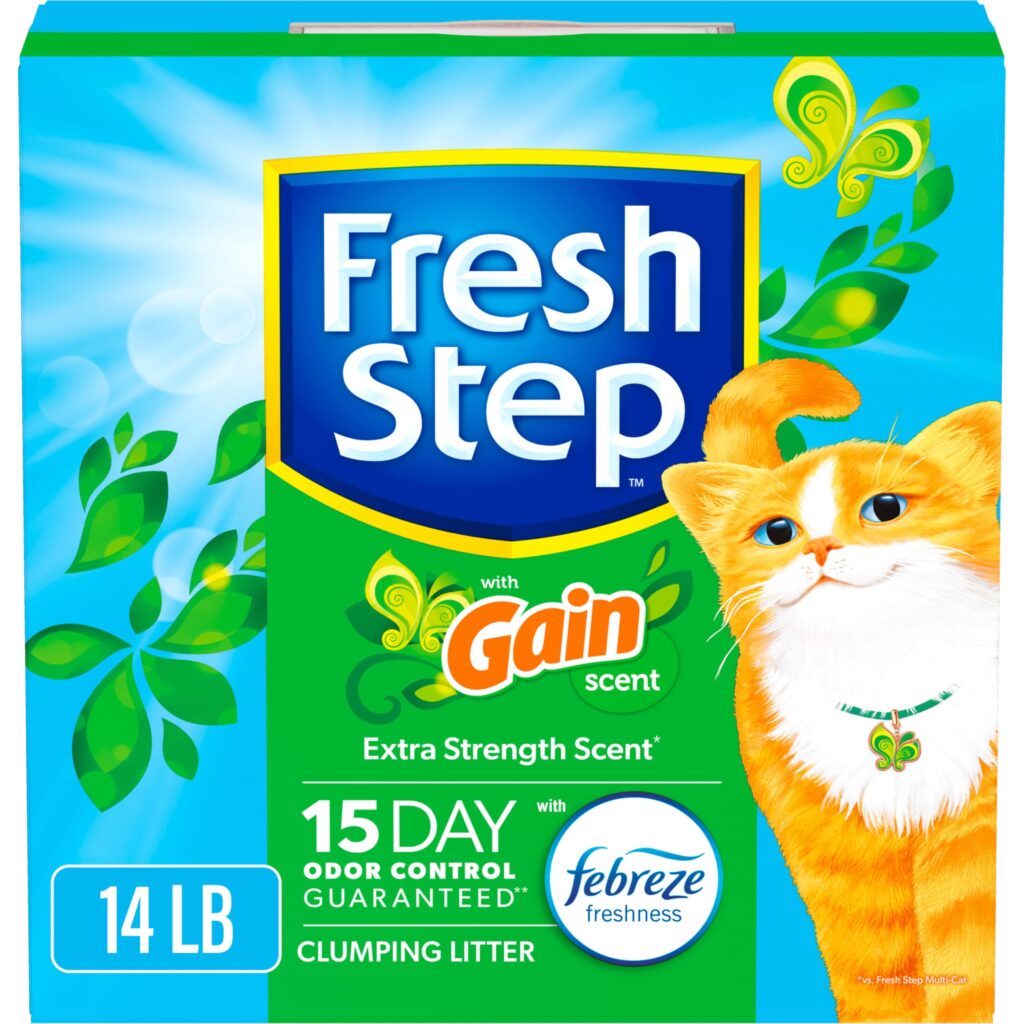Cats, like humans, can experience anxiety and stress. It is important for cat owners to understand the significance of managing cat anxiety and the positive impact it can have on their feline friend’s overall well-being. While there are various methods to address cat anxiety, behavior modification stands out as an effective and holistic approach. In this article, we will explore the importance of managing cat anxiety through behavior modification and discuss the nutritional components that support a calmer and happier cat.
The Significance for Feline Health
Anxiety in cats can lead to a range of health issues, including decreased immunity, digestive problems, and even behavioral disorders. By managing cat anxiety, we can help prevent these potential health risks and ensure our furry companions lead a happy and fulfilling life.
Understanding Behavior Modification
Behavior modification aims to address the underlying causes of anxiety by modifying a cat’s behavior in response to certain triggers. This approach focuses on positive reinforcement and provides cats with a sense of security and control over their environment.
Creating a Safe Space
A safe space is important for cats with anxiety. This can be a designated area in your home where your cat feels secure, such as a cozy bed or a quiet corner. Fill this space with comforting items, like blankets or toys, and ensure it’s free from any potential stress-inducing factors.
Nutritional Components
In addition to behavior modification techniques, certain nutritional components can play a role in managing cat anxiety. A well-balanced diet rich in specific nutrients can help promote a calm and stable mood in cats.
Omega-3 Fatty Acids
Omega-3 fatty acids, commonly found in fish oil, have been shown to have a positive impact on reducing anxiety in cats. These essential fatty acids help support brain health and can contribute to a more balanced emotional state.
L-theanine
L-theanine, an amino acid found in green tea, has calming effects on the brain. It can help reduce stress and anxiety in cats. While cats cannot consume green tea directly, certain cat-specific products contain L-theanine and can be included as part of their diet.
The Positive Impact on Cats
Implementing behavior modification techniques and providing a nutritionally balanced diet can greatly improve a cat’s overall well-being. Managing cat anxiety helps foster a sense of security and contentment, leading to reduced stress levels and a happier, healthier companion.
Enhanced Bonding
By addressing cat anxiety, we strengthen our bond with our feline friends. When cats feel safe and secure, they’re more likely to engage in positive interactions and build trust with their owners.
Improved Quality of Life
A cat with reduced anxiety levels experiences an improved quality of life. They’re more likely to exhibit normal behavior patterns, enjoy playtime, and have a healthier appetite.
Managing cat anxiety through behavior modification and proper nutrition is an ongoing process. It requires patience, consistency, and a deep understanding of your cat’s individual needs. By implementing these techniques, you can provide your feline companion with the care they deserve and help them lead a balanced and anxiety-free life.
